Silicon in Plants —— Advances and Future Prospects
----- 植物中的硅:进展与展望
In the present era, rapid industrialization and urbanization has resulted in unwanted physiological, chemical, and biological changes in the environment that have harmful effects on crop quality and productivity. This situation is further worsened by the growing demand for food due to an ever increasing population. This forces plant scientists and agronomists to look forward for alternative strategies to enhance crop production and produce safer, healthier foods. Biotic and abiotic stresses are major constraints to crop productivity and have become an important challenge to agricultural scientists and agronomists due to the fact that both stress factors considerably reduce agriculture production worldwide per year. Silicon has various effects on plant growth and development, as well as crop yields. It increases photosynthetic activity, creates better disease resistance, reduces heavy metal toxicity, improves nutrient imbalance, and enhances drought tolerance. Silicon in Plants: Advances and Future Prospects presents the beneficial effects of silicon in improving productivity in plants and enhancing the capacity of plants to resist stresses from environmental factors. It compiles recent advances made worldwide in different leading laboratories concerning the role of silicon in plant biology in order to make these outcomes easily accessible to academicians, researchers, industrialists, and students. Nineteen chapters summarize information regarding the role of silicon in plants, their growth and development, physiological and molecular responses, and responses against the various abiotic stresses.
{{comment.content}}
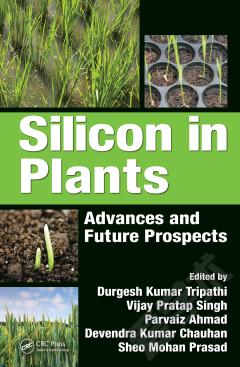
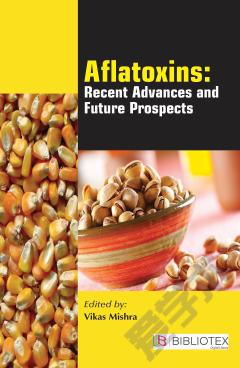

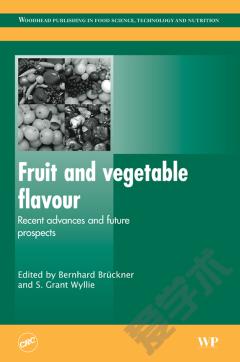

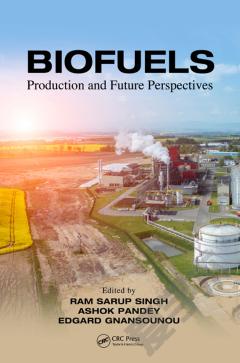
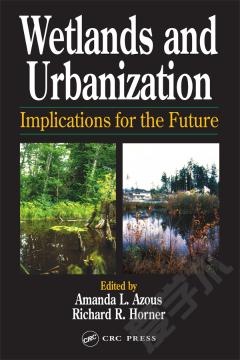

 京公网安备 11010802027623号
京公网安备 11010802027623号